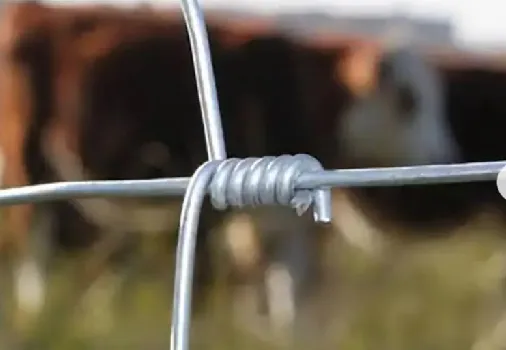Dec . 12, 2024 10:34 Back to list
metal mesh concrete
The Integration of Metal Mesh in Concrete Enhancing Structural Strength and Durability
Concrete has long been a staple material in construction due to its compressive strength and versatility. However, its inherent weaknesses, particularly in tension, have prompted engineers and researchers to explore innovative solutions that can enhance its performance. One such solution is the integration of metal mesh within concrete structures. This clever amalgamation offers numerous advantages, significantly improving the overall structural integrity and durability of concrete elements.
Metal mesh, typically made from steel, is woven or welded to create a network of interconnected bars or wires. When embedded within concrete, this mesh acts as a reinforcing agent, providing tensile strength that concrete alone cannot offer. This combination allows for the creation of lighter and thinner concrete elements without compromising strength, making it an attractive option in modern construction projects.
The Integration of Metal Mesh in Concrete Enhancing Structural Strength and Durability
In addition to controlling cracks, metal mesh can also enhance the ductility of concrete. Ductility refers to the ability of a material to undergo significant deformation before failure. This characteristic is particularly important in seismic zones where buildings must withstand earthquakes. By incorporating metal mesh, engineers can design concrete structures that are not only strong and durable but also flexible enough to absorb and dissipate energy during seismic events.
metal mesh concrete

Furthermore, the use of metal mesh in concrete contributes to increased load-bearing capacity. Metal reinforcements improve the concrete’s performance under heavy loads, enabling the construction of larger and more ambitious structures. This is particularly beneficial in applications such as bridges, high-rise buildings, and industrial flooring, where higher load capacities are essential for safety and long-term functionality.
Environmentally, the integration of metal mesh in concrete can lead to more sustainable construction practices. By enabling lighter and thinner concrete structures, there is a potential reduction in the volume of concrete required, leading to lower material usage and reduced carbon emissions associated with concrete production. Additionally, the durability provided by metal mesh can extend the lifespan of concrete structures, minimizing the need for repairs or replacements over time.
However, it is essential to consider the potential challenges that come with using metal mesh in concrete. Issues such as corrosion of the metal mesh can arise if proper protective measures are not implemented. Using corrosion-resistant materials or applying protective coatings can mitigate these risks and ensure the longevity of the reinforcement.
In conclusion, the incorporation of metal mesh into concrete represents a significant advancement in construction technology. It offers enhanced tensile strength, improved crack control, increased ductility, and greater load-bearing capacity, all while promoting sustainability. As the construction industry continues to evolve, the integration of innovative materials like metal mesh will play a critical role in creating safer, more durable, and more efficient structures. Given its numerous advantages, it is evident that metal mesh concrete is not just a trend; it is a foundational shift in how we approach concrete design and construction for the future.
-
Reinforcing Mesh: Core Material of the Construction Industry
NewsJul.07,2025
-
Welded Wire Fabric Reinvented for Modern Projects
NewsJul.04,2025
-
Superiority of Stainless Steel Woven Mesh
NewsJul.04,2025
-
Key Types of Razor Wire and Their Applications
NewsJul.04,2025
-
Durable Metal Fence Types for Security
NewsJul.04,2025
-
Best Materials for Livestock Fence
NewsJul.04,2025
products.







